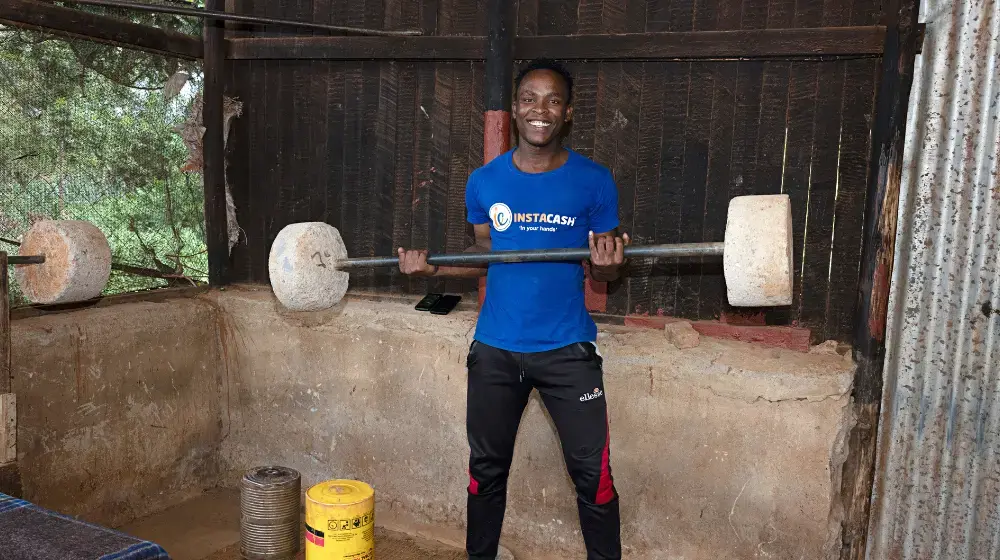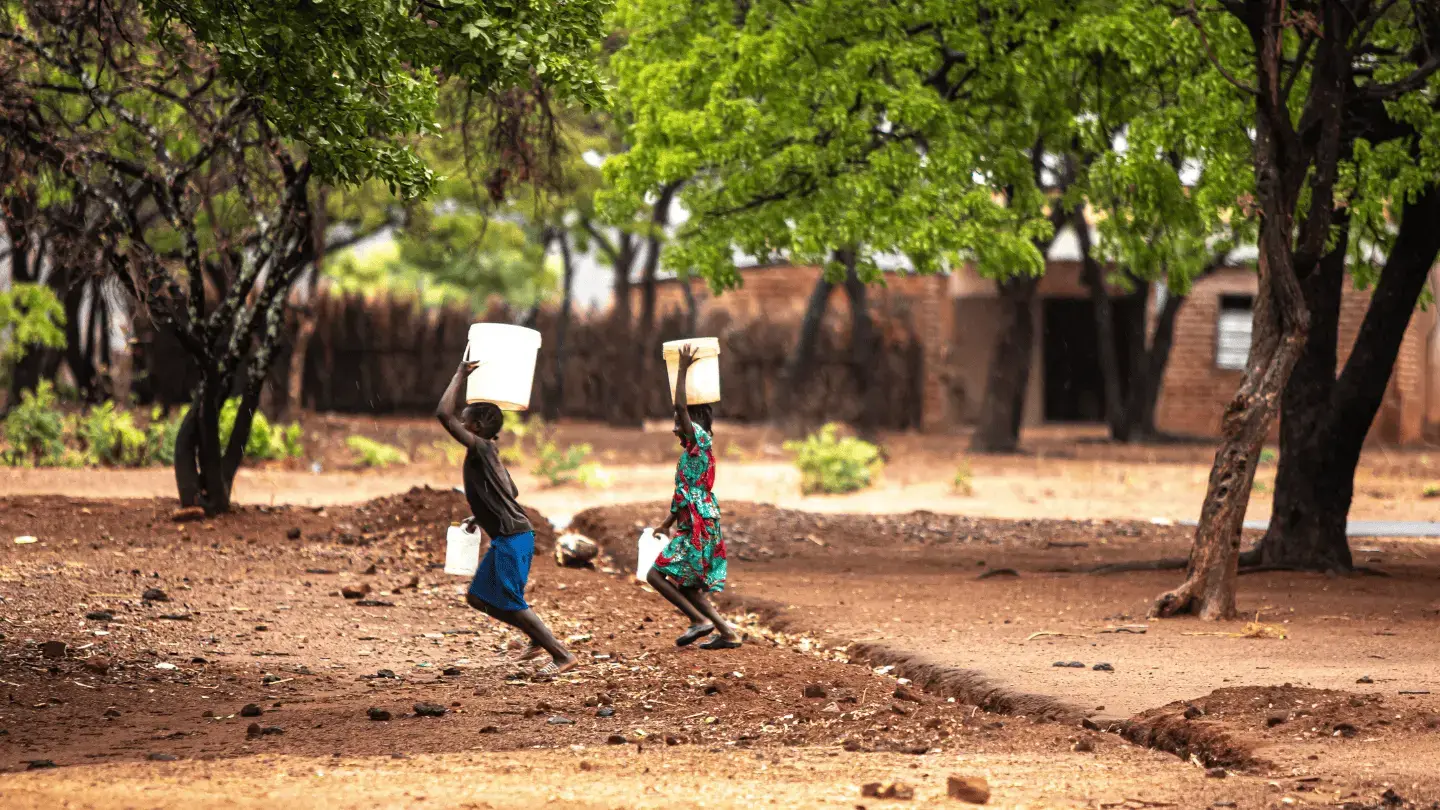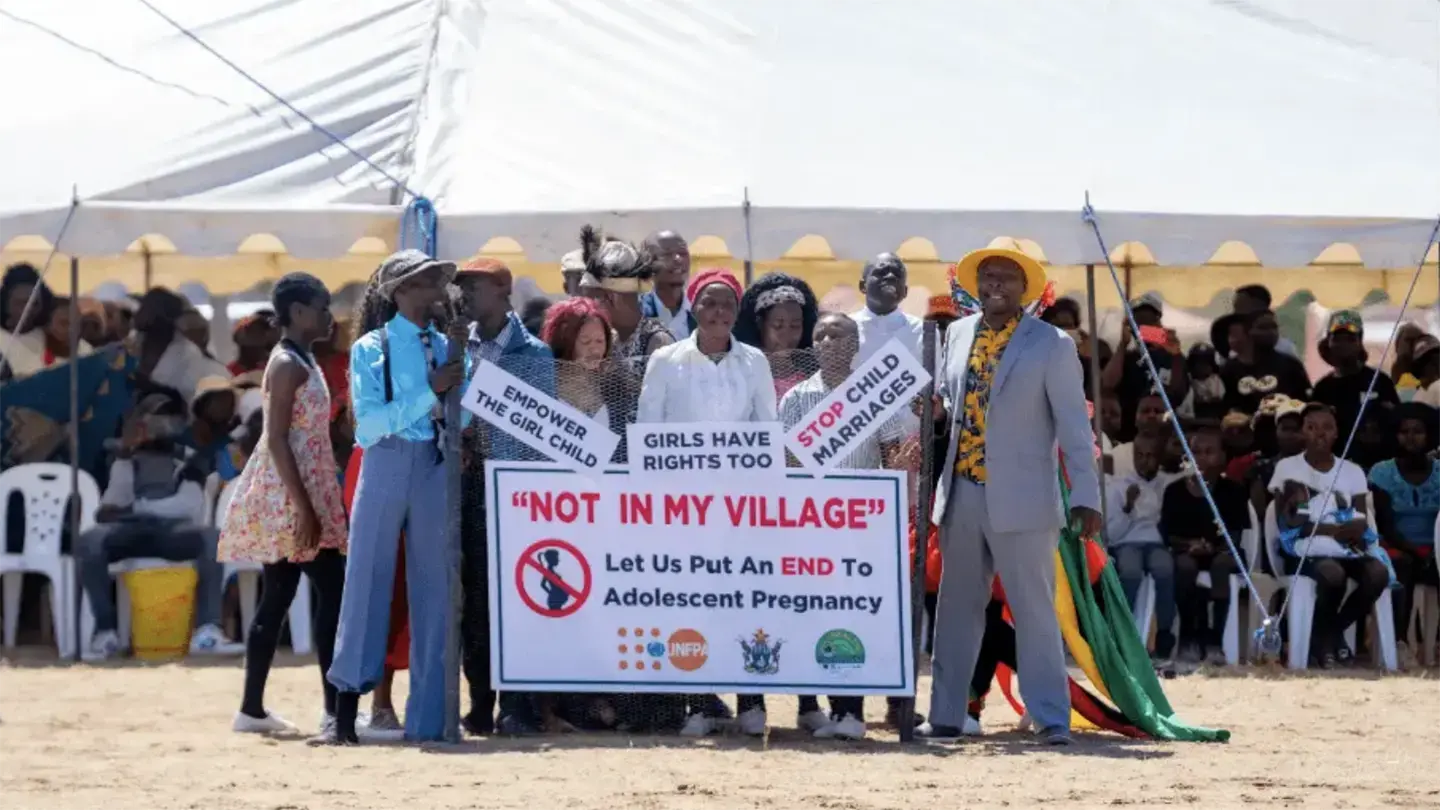LILONGWE, Malawi—Like many Malawian children, Monica Kaleso was excelling in her school work. Her dream to be a medical doctor was on course. Then in 2013, at the age of 17, she started a relationship with John, who came from the same village of Kadammanja.
Later that year, she fell pregnant. He world crumbled. John refused responsibility and she eventually dropped out of school. She waited at home for the delivery.
When the time came, not only did she lose her child, but she was left with a debilitating injury – an obstetric fistula – due to the delayed medical treatment she received.
“The morning after being discharged from the hospital, I realized my beddings was wet and thought it was normal, but this occurred for almost a year,” she says.
Like many fistula patients, Monica suffered stigma and isolation. Her hopes of going back to school after delivery were fading.
Life became unbearable. “I did not even know if this condition could be treated or not. I was so young to live this kind of life,” she says. She became despondent.
"I consider myself very lucky"
Monica’s father is a small-scale tobacco farmer from Kasungu district, which about 140 kilometres from the capital city, Lilongwe. When tobacco leaves are mature, they get plucked from the field and put in a constructed barn for drying. Usually, this work is done by all family members. Children assist their parents after they get back from school and during weekends. Monica was spared from this work because of her condition.
One day, as they were sorting the green tobacco leaves, her father heard about fistula treatment on the radio. He made note of the name of the facility, Bwaila fistula repair centre in Lilongwe, then arranged for her to attend the centre.
After nearly a year of suffering Monica received fistula repair treatment at the specialized facility. “I consider myself very lucky because I have heard that some women have lived with this condition for more than 40 years, and others even 50 years or more,” she says.
Lifetime consequences of early pregnancy

young to live this kind of life,” says Monica. © UNFPA Malawi
The loss of opportunities due to her pregnancy has been devastating for Monica, but she is determined to get her life back on track – although a slightly different one. She was selected to pursue a degree in education, specializing in mathematics, and will start at Chancellor College in September this year.
The potential for early pregnancy to derail a girl’s opportunities in life should not be underestimated, says Won Young Hong, UNFPA Malawi Representative. “One pregnancy can have life-threatening consequences such as HIV and sexually transmitted infections, birth injuries including fistula, more children, school dropout and the potential to perpetuate poverty. It is encouraging that Monica will be back in school and pursue her dreams.”
In the 2018 United Nations Resolution on Ending Fistula, United Nations Member States committed to eradicating the obstetric fistula within a decade. Yet, achieving this goal requires increased investments, innovation and partnerships. Failure to take action will undermine the chances of achieving the Sustainable Development Goals, meeting the commitments of the International Conference on Population and Development, and ensuring no one is left behind.
- Henry Chimbali





